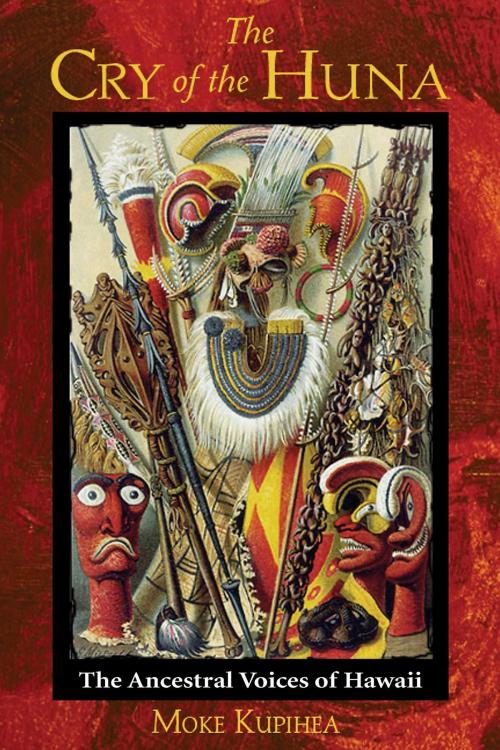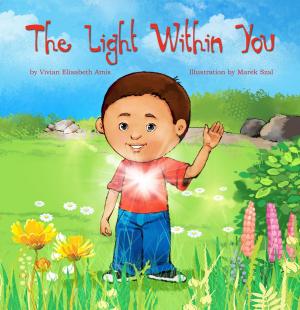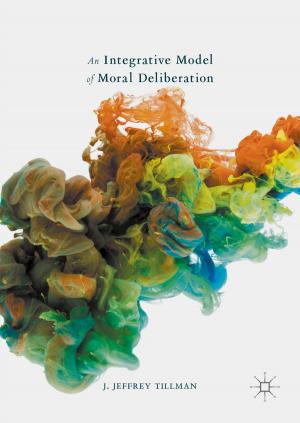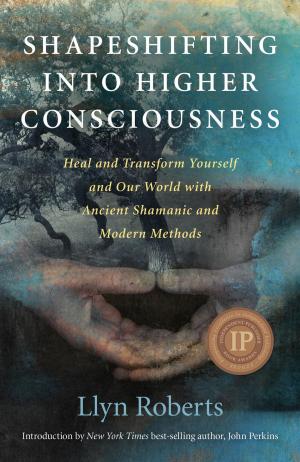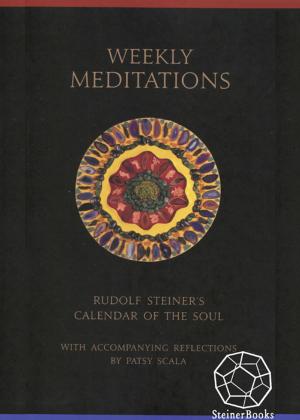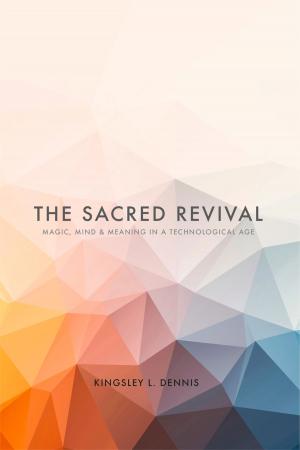The Cry of the Huna
The Ancestral Voices of Hawaii
Nonfiction, Social & Cultural Studies, Social Science, Cultural Studies, Customs & Traditions, Anthropology, Religion & Spirituality, Philosophy, Mind & Body| Author: | Moke Kupihea | ISBN: | 9781594776427 |
| Publisher: | Inner Traditions/Bear & Company | Publication: | May 10, 2005 |
| Imprint: | Inner Traditions | Language: | English |
| Author: | Moke Kupihea |
| ISBN: | 9781594776427 |
| Publisher: | Inner Traditions/Bear & Company |
| Publication: | May 10, 2005 |
| Imprint: | Inner Traditions |
| Language: | English |
Explores the breakdown in the chain of cultural transmission that has led to the decimation of Hawaiian spirituality, and how it can be restored
• Shows how reconnection to the ancestral ways can be achieved through letting go and forgiveness of the effects of colonization
• Reveals how the lessons of the decline of Hawaiian spiritual tradition reflect on other religions
• Clarifies the complex nature of Hawaiian ancestral worship
Hawaiian spirituality teaches that individuals can be truly fulfilled only if they are conscious participants in the long ancestral chain of witnessing and transmission that connects the present to the time of origins. The Cry of the Huna invokes the author's personal history as he recounts the decline of his people's spiritual tradition as a result of colonization. The breakdown of the Hawaiians' ties with their sacred land led them to forget not only the teachings of their ancestors, but also the chain of na aumakua they form, which connects this people to both the earth and the realm of the gods. While the na aumakua can be viewed with reverence it is not seen or worshiped as a God. Rather it is seen as a part of the chain of life that arose from one god's vision of creation. Aumakua is a compound of makua (parents) and au, the endless ancestral chain that stretches through time. Each individual on earth represents a temporary end to that chain. As we age and our vision of life slowly looks toward death, our descendents come forth to provide the next eyes in the chain of witnessing and transmission.
The Cry of the Huna shows how the rupture of this chain has led to widespread alienation. An endless cycle of resentment and revenge is fueled by the loss of the Hawaiians' spiritual birthright. The connection to the aumakua, however, can be reforged, but only by untying the circular cords of revenge to allow forgiveness to occur in the present so that healing can take place in the future.
Explores the breakdown in the chain of cultural transmission that has led to the decimation of Hawaiian spirituality, and how it can be restored
• Shows how reconnection to the ancestral ways can be achieved through letting go and forgiveness of the effects of colonization
• Reveals how the lessons of the decline of Hawaiian spiritual tradition reflect on other religions
• Clarifies the complex nature of Hawaiian ancestral worship
Hawaiian spirituality teaches that individuals can be truly fulfilled only if they are conscious participants in the long ancestral chain of witnessing and transmission that connects the present to the time of origins. The Cry of the Huna invokes the author's personal history as he recounts the decline of his people's spiritual tradition as a result of colonization. The breakdown of the Hawaiians' ties with their sacred land led them to forget not only the teachings of their ancestors, but also the chain of na aumakua they form, which connects this people to both the earth and the realm of the gods. While the na aumakua can be viewed with reverence it is not seen or worshiped as a God. Rather it is seen as a part of the chain of life that arose from one god's vision of creation. Aumakua is a compound of makua (parents) and au, the endless ancestral chain that stretches through time. Each individual on earth represents a temporary end to that chain. As we age and our vision of life slowly looks toward death, our descendents come forth to provide the next eyes in the chain of witnessing and transmission.
The Cry of the Huna shows how the rupture of this chain has led to widespread alienation. An endless cycle of resentment and revenge is fueled by the loss of the Hawaiians' spiritual birthright. The connection to the aumakua, however, can be reforged, but only by untying the circular cords of revenge to allow forgiveness to occur in the present so that healing can take place in the future.
